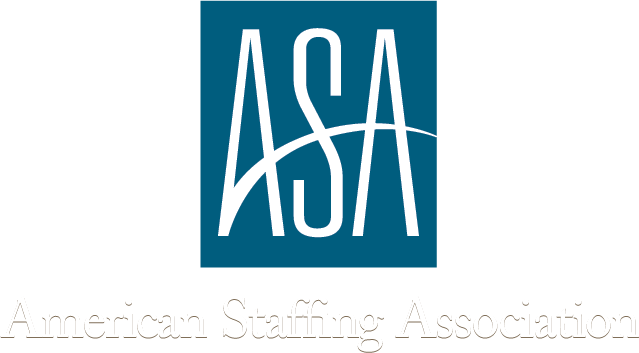Your references are one of the best resources you have when searching for a job. Hiring managers are understandably suspicious when you make big claims about your skills and experience. When someone independent verifies those claims it carries a lot of weight. That’s why it’s so important to pick the references that are most appropriate for the position you’re seeking. Here’s how to identify the right ones:
Prepare a List in Advance
As part of your broader job search strategy, make a list of anyone and everyone that could potentially serve as a reference. This could include past co-workers/supervisors, clients/customers, instructors from college, and even friends and family in certain situations. Don’t worry about whittling down the list. Focus instead on tracking down current contact info.
Be Careful Who You List
It just seems logical to include references from your current employer if you are searching for new opportunities while still on the job. But if you’re current employer doesn’t know that you plan to leave, the news can create waves at your place of employment. If possible, avoid putting these references on your list.
Ask for Specifics
Generally, hiring managers don’t use references to check all of your credentials but rather specific credentials. Try to find out what part of your skill set they are evaluating and provide reference contacts that are uniquely capable of speaking to those abilities.
Prepare Your References
You shouldn’t list someone as a reference without first preparing them for the responsibility. Reach out to anyone you’re considering and let them know about the job you’re applying for, why you want the job, and why you think they would be a valuable reference. You shouldn’t try to dictate their responses, but make sure they have the information necessary to frame you positively.
Get Resourceful
If you are moving into a new field where you have little to no direct experience, picking the right reference can be tricky. Look back over your career and identify moments when you adapted to changing circumstance or took on unfamiliar challenges. Then find a reference that can describe your flexibility and adaptability during these times of change.
Look for Commonalities
References are a lot more effective when there is some common ground between the hiring manager and the reference. The familiarity makes the testimonial seem more authentic and less like a rehearsed speech. If possible, try to link up references/hiring managers that have worked in similar industries, share an alma matter, come from the same part of the country, or have a similar hobby.
You will likely only need to submit references after turning in a polished resume, engaging cover letter, and impressive interview performance. Find resources to help you refine each one of these employment screening tools by working with the team at Selectek.


